For 2015, NJ Tech Execs Answer: What Have You Learned about Leadership?
[We asked several New Jersey CEOs and tech leaders to answer three questions about leadership. This article presents their answers to the second question: What have you learned about leadership over the years?]
Robert DeJean, president and CEO, Systech International
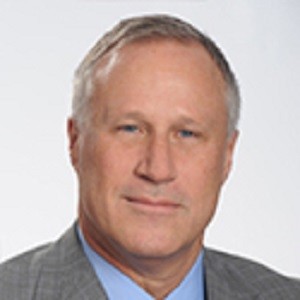
[Systech International, based in Cranbury, is a global leader in brand-protection and authentication technologies serving a wide variety of industries, including pharmaceutical, biotechnology, medical devices, food and beverages and health care.]
One of the things that I have learned after leading Systech for nearly 30 years is that you have to surround yourself with talented people.
Eileen Martinson, CEO, Sparta Systems
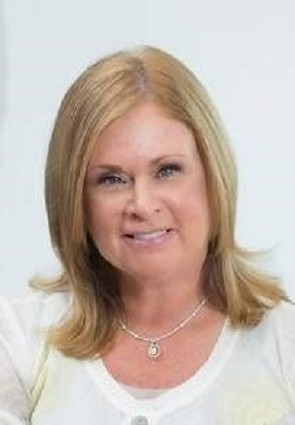
[Hamilton-based Sparta Systems, an industry pioneer and leading global provider of enterprise quality management software solutions, enables businesses to safely and efficiently deliver their products to market.]
Leadership is a lot like driving a car. You need to be constantly aware of the road and driving conditions, so that you know when to apply the brakes or when to accelerate. Most importantly, you need to keep moving the company forward and not get “stuck” in one place for too long.
Also, I firmly believe it is OK to make mistakes, because if you don’t, then you probably aren’t going fast enough and are being too careful. I also think that you need to take a moment to learn from those mistakes, and to figure out just what happened. This belief needs to be instilled from the top down.
Chris Miles, CEO, Miles Technologies
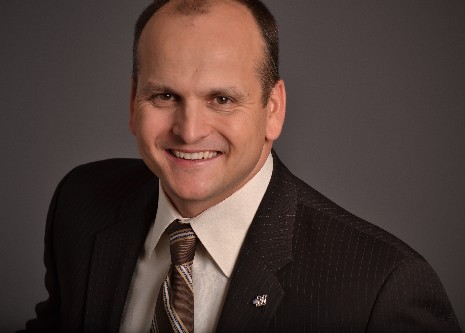
[Since 1997, Moorestown-based Miles Technologies has been providing information technology, business software and web/marketing consulting services to organizations of all sizes and from all industries.]
It is important to be a longsighted leader. A longsighted leader is one who looks beyond three years, five years, 10 years, 15 years. A longsighted leader wants to create and nurture success, not only for the company as a whole, but for the professionals working for the company.
It is not about doing something great one time. It is about doing many great things all the time, building one great thing upon the next, and working toward a vision of success that positions the company for strength well into the future.
A longsighted leader thinks about his or her employees, their futures and careers, as well as the growth and stability of the business. It is about planning for long-term success on multiple levels, to benefit all.
Jerry Passione, General Manager, Juniper Networks OpenLab

[Juniper Networks OpenLab, based in Bridgewater, represents a unique collaborative and educational approach that enables software innovators to engage with Juniper technology specialists and a suite of hands-on tools to push the boundaries of Software Defined Networking and programmable networking.]
People tend to confuse “leadership” with the notion of managing an organization. That’s not to say that managers are not or cannot be leaders, but true leaders are recognized for their ability to inspire people to achieve goals or objectives, and are not simply perceived as leaders based on a job title or based on their appointed role in managing team resources or tasks. Leaders can come from many parts of an organization, and are respected for their ability to push the ball forward and rally the teams toward a goal, getting the most from everyone on that team. They inspire people to do their best work.
Dean Guida, president and CEO, Infragistics

[Cranbury-based Infragistics offers rapid prototyping and user interface toolsets that allow developers and enterprise users to create amazing applications for the Web, Windows and mobile devices.]
Since starting Infragistics in 1989, I’ve learned that the only thing that’s constant is change! Technology is continually shifting and the market is always changing. To lead effectively, you need to be receptive to those changes and adapt your strategy accordingly.
I’ve also learned that it’s important to stay focused on why I started this business in the first place: to satisfy our customers. It’s something I reiterate in every town hall meeting and every communication with my teams. Everything we do is all about the customer’s experience.
Things have changed a lot in the past 25 years, but the motivation behind the hard work has stayed the same.
Colin Day, iCIMS founder, president and CEO
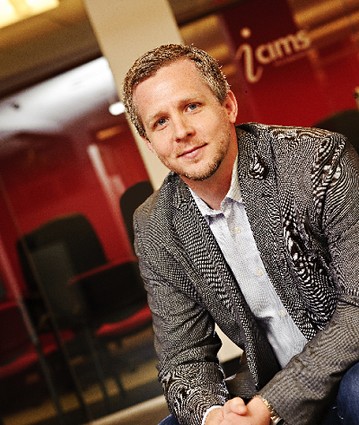
[Matawan-based iCIMS helps businesses win the fight for top talent through the implementation of innovative Software-as-a-Service talent-acquisition solutions that are scalable and easy to use.]
It’s about clearly letting everyone in the organization know what it is that you stand for and don’t stand for. The “don’t” is arguably more important. As we have gotten larger and larger, I’ve also had to learn that there is no such thing as over-communication of a vision or strategy. If you want everyone to hear it once, chances are you need to say it hundreds of times.
Anthony Curlo, Anthony Curlo, president and CEO, DaVinciTek
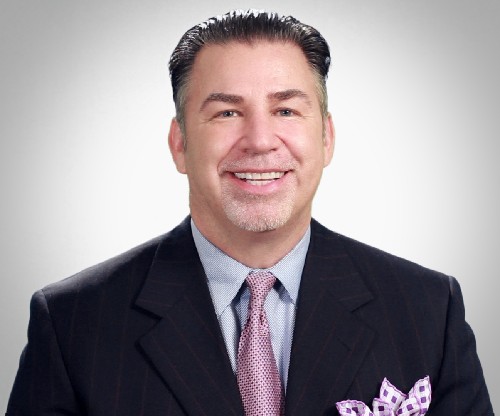
[An expert in top tier IT recruitment and staff augmentation, DaVinciTek (Morristown) specializes in world-class talent acquisition services that align emerging corporations and fortune 500 companies with IT professionals looking to advance their careers.]
I have learned to recognize a great leader when I see one. Whether you own your own business, oversee a team at a Fortune 500 organization or manage a household, there are certain essential qualities that enable some to stand out as leaders and motivate others to follow suit. Many of these attributes are developed purposefully overtime and with much experience, both positive and negative.
N. Robert Hammer, chairman, president and CEO, CommVault
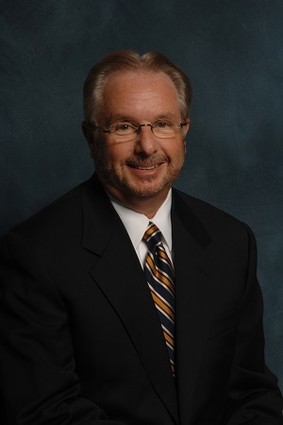
[CommVault is a publicly traded data and information management software company headquartered in Tinton Falls. The company made its mark with the industry’s leading backup product, Simpana software.]
When I was in my early thirties, I was the VP and GM of a multi-company division of a large, bureaucratic company. Seventy percent of my time was spent on supporting that corporate bureaucracy, and had nothing to do with adding value to the various businesses I managed. I quickly learned how important it is to have the right structures and processes in place around significant things that help the enterprise achieve its goals, versus a box-checking bureaucracy that adds little or no value.
Great structures and processes do not work well without having an organization of exceptional people. It is critically important to build an organization with people who are smart, creative, self-motivated, independent-thinking team players who are passionate about achieving outstanding results. [You need] people who are used to change, used to figuring things out by themselves, but who are at the same time structured and disciplined.

